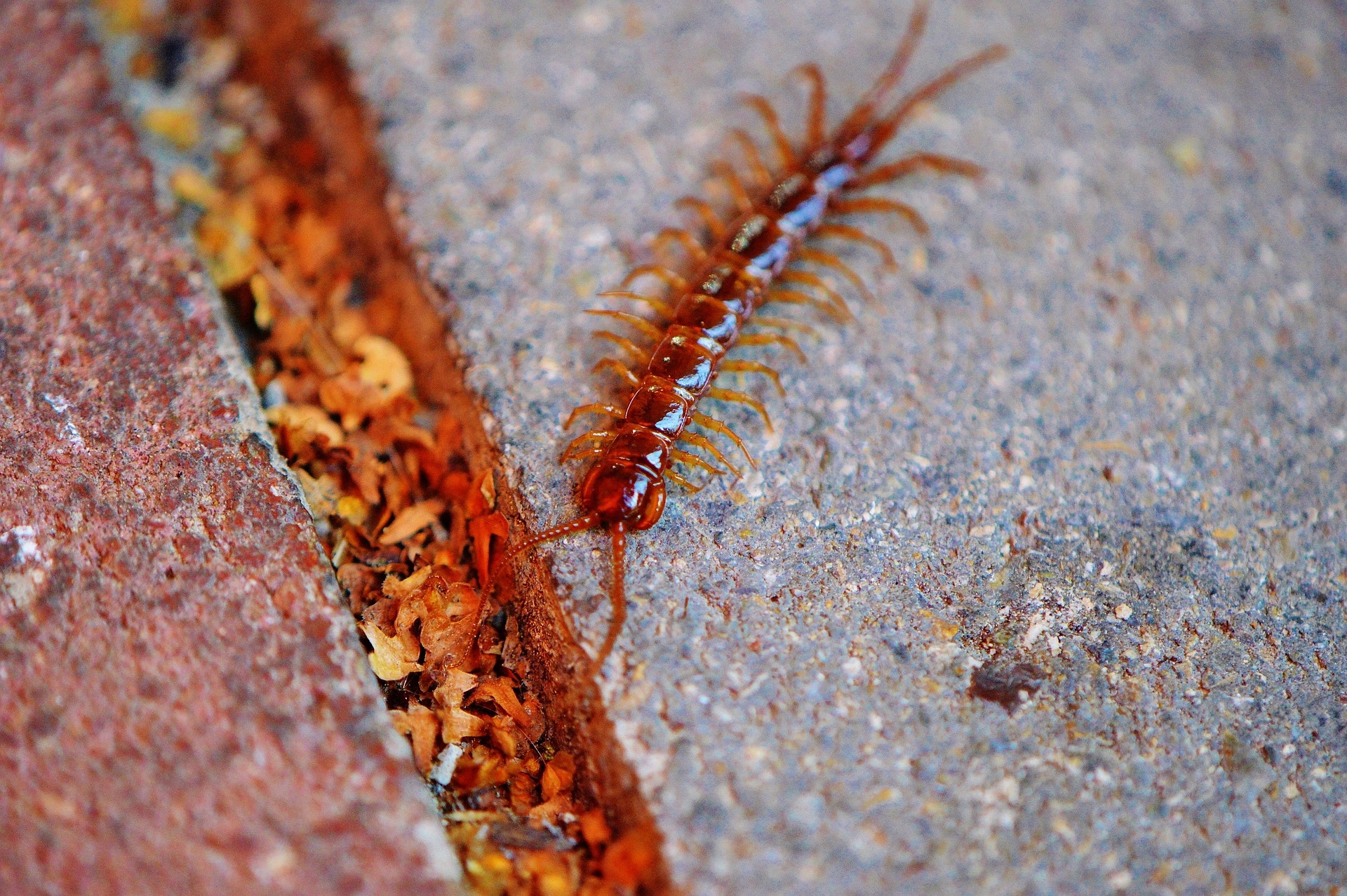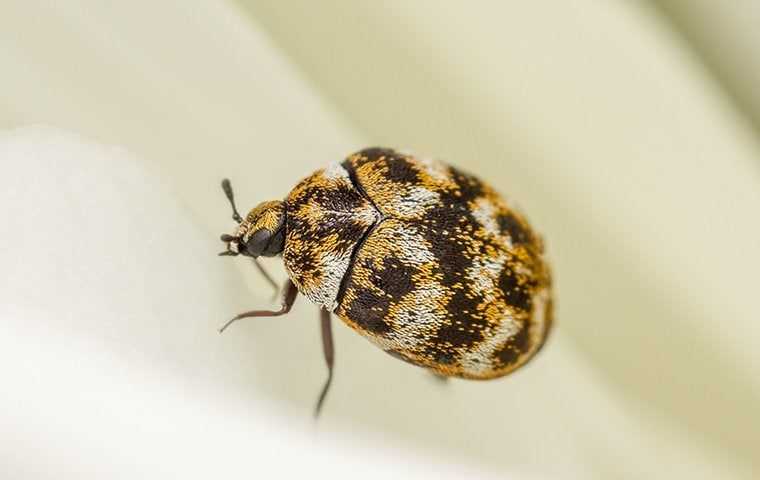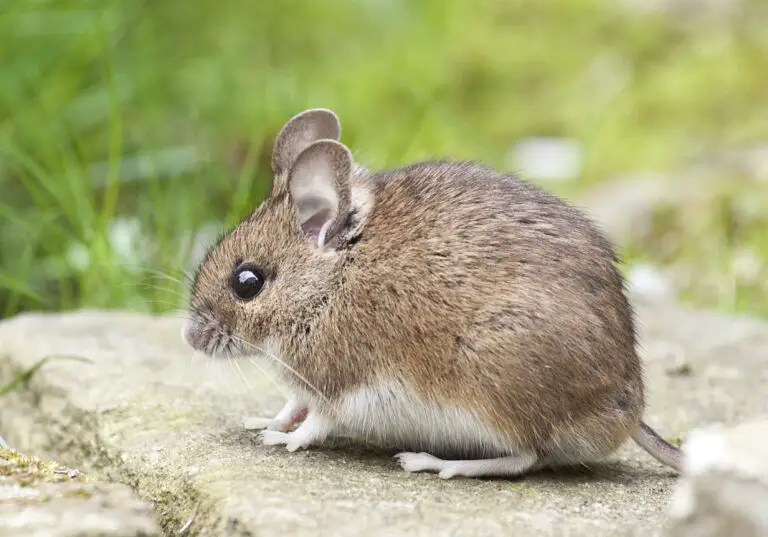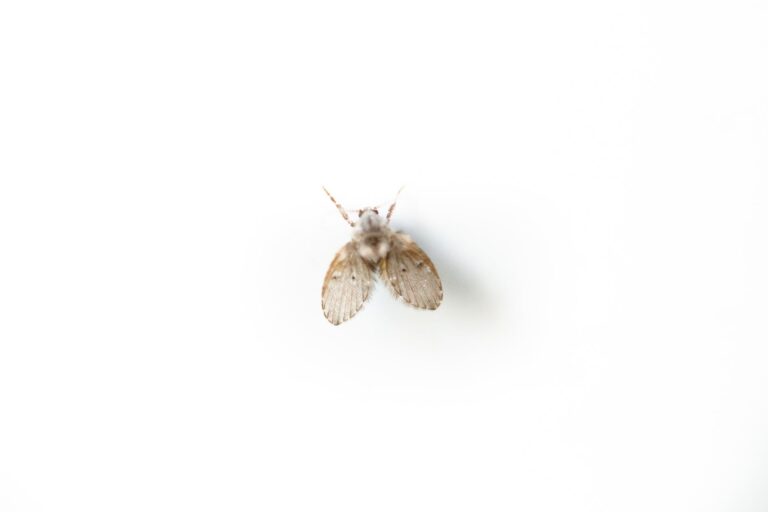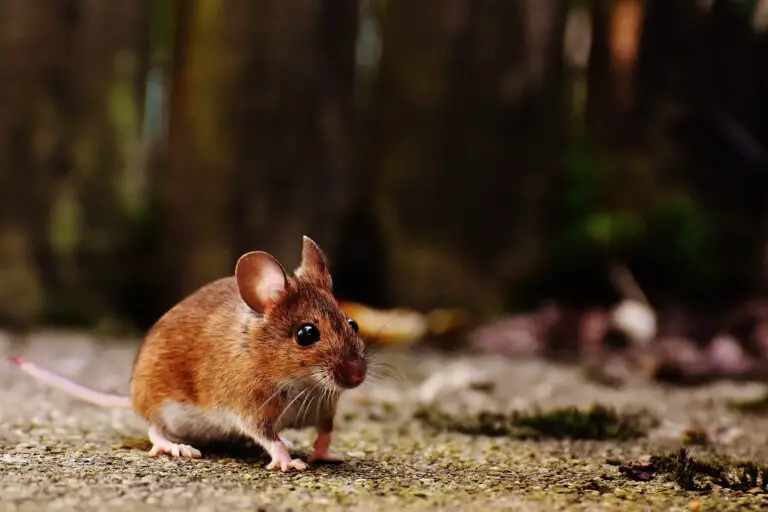How to Get Rid of House Centipedes: Tips and Tricks
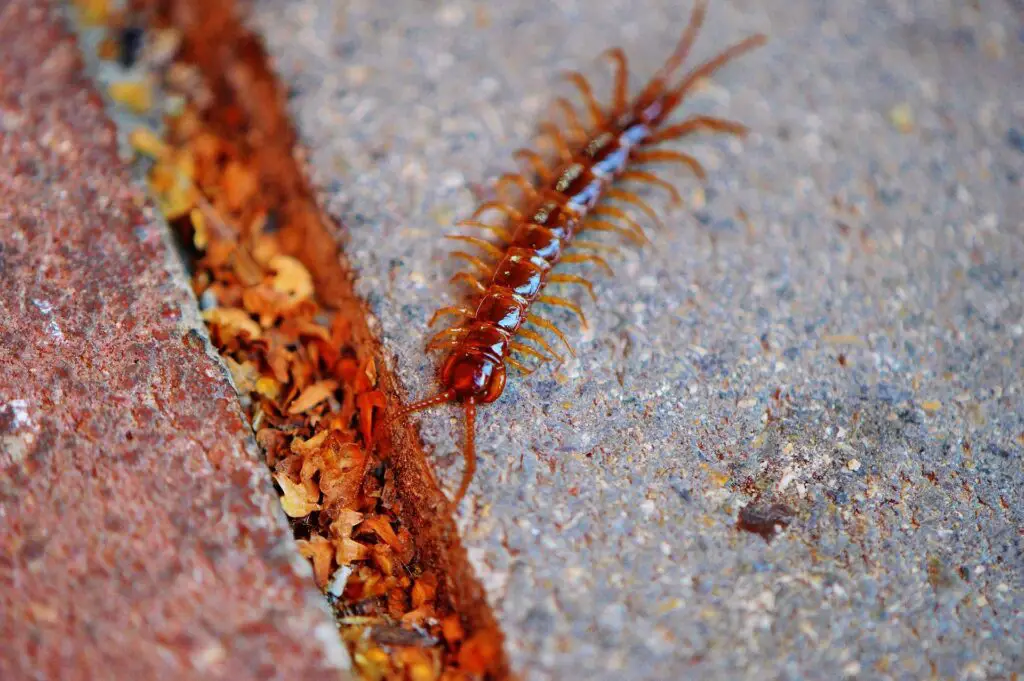
House centipedes, also known as Scutigera coleoptrata, are common household pests that can cause distress for homeowners. These small arthropods have long, thin legs and can move quickly, making them a frightening sight for many people. While house centipedes are not harmful to humans or pets, they can be a nuisance and difficult to get rid of once they have established themselves in a home. In this article, we will explore different methods for removing house centipedes and preventing them from returning.
One of the first steps in getting rid of house centipedes is identifying where they are coming from. These pests are attracted to damp environments, so it is important to check for any areas in the home that may be contributing to their presence. This could include leaky pipes, standing water, or areas with high humidity levels. Once these areas have been identified, steps can be taken to address the underlying issue and make the home less hospitable to house centipedes.
There are several methods for removing house centipedes from a home, including using insecticides, natural remedies, and traps. Insecticides can be effective but should be used with caution, as they can be harmful to humans and pets. Natural remedies such as diatomaceous earth, essential oils, and vinegar can also be effective in repelling house centipedes. Traps can be a good option for those who do not want to use chemicals or who prefer a more hands-off approach to pest removal. By using a combination of these methods and taking steps to prevent future infestations, homeowners can successfully get rid of house centipedes and enjoy a pest-free home.
Understanding House Centipedes
Habitat and Behavior
House centipedes, also known as Scutigera coleoptrata, are common pests found in homes worldwide. They are typically found in damp, dark environments such as basements, bathrooms, and crawl spaces. These centipedes are known for their long, slender bodies and numerous legs. They can grow up to 1.5 inches in length and have up to 30 legs.
House centipedes are fast-moving and agile predators, feeding on insects, spiders, and other small arthropods. They are active at night and can be found crawling on walls, ceilings, and floors. While they are not harmful to humans, their presence can be alarming and unsettling.
Reasons for Infestation
House centipedes are attracted to moist environments with a high concentration of insects and other arthropods. They are often found in homes with high humidity levels, leaky pipes, and poor ventilation. In addition, cluttered and dusty areas provide ideal hiding places for these pests.
House centipedes can enter homes through cracks and crevices in the foundation, walls, and windows. They can also be brought in on plants, firewood, and other household items. Once inside, they can quickly establish a breeding population, laying up to 60 eggs at a time.
To prevent infestations, it is important to maintain a clean and dry home environment. This includes fixing leaks, reducing clutter, and regularly cleaning and dusting. Sealing cracks and crevices and installing screens on windows and doors can also help keep house centipedes out.
Preventive Measures
Environmental Controls
House centipedes thrive in moist and humid environments, so it is important to control the humidity levels in your home. Using a dehumidifier can help reduce moisture and make your home less hospitable for these pests. Additionally, sealing any cracks or gaps in your home’s foundation and walls can help prevent centipedes from entering.
Another effective method is to use sticky traps. These traps can be placed in areas where centipedes are likely to hide, such as basements and crawl spaces. When the centipedes come into contact with the trap, they become stuck and can be easily disposed of.
Home Maintenance Tips
Keeping your home clean and tidy is essential in preventing house centipedes. Regularly vacuuming and dusting can help eliminate any potential food sources, such as other insects and debris. Additionally, reducing clutter and removing piles of clothes or papers can eliminate potential hiding spots for centipedes.
It is also important to address any moisture issues in your home. Fixing leaky pipes and ensuring proper ventilation in bathrooms and kitchens can help reduce humidity levels and discourage centipedes from taking up residence.
By following these preventive measures, you can significantly reduce the likelihood of a house centipede infestation in your home.
Eradication Strategies
Natural Remedies
There are various natural remedies that can help in getting rid of house centipedes. Here are some effective ones:
- Diatomaceous Earth: This is a natural powder made up of fossilized remains of diatoms. It can be sprinkled around the areas where centipedes are most commonly found. The powder dehydrates the centipedes and kills them.
- Essential Oils: Peppermint, tea tree, and eucalyptus oils are known to repel centipedes. Mix a few drops of these oils with water and spray it around the house.
- Sticky Traps: Place sticky traps in areas where centipedes are commonly found. They get stuck to the trap and die.
Chemical Treatments
If natural remedies do not work, chemical treatments can be used. Here are some options:
- Insecticides: Insecticides can be sprayed around the house to kill centipedes. However, it is important to follow the instructions on the label carefully.
- Boric Acid: Boric acid can be sprinkled around the house. It is toxic to centipedes and kills them when they come in contact with it.
- Professional Pest Control: If the infestation is severe, it is best to seek help from a professional pest control service. They will be able to identify the source of the infestation and provide effective treatment.
It is important to note that while these eradication strategies can be effective, they may not completely eliminate the centipede population. Regular cleaning and maintenance of the house can help prevent future infestations.
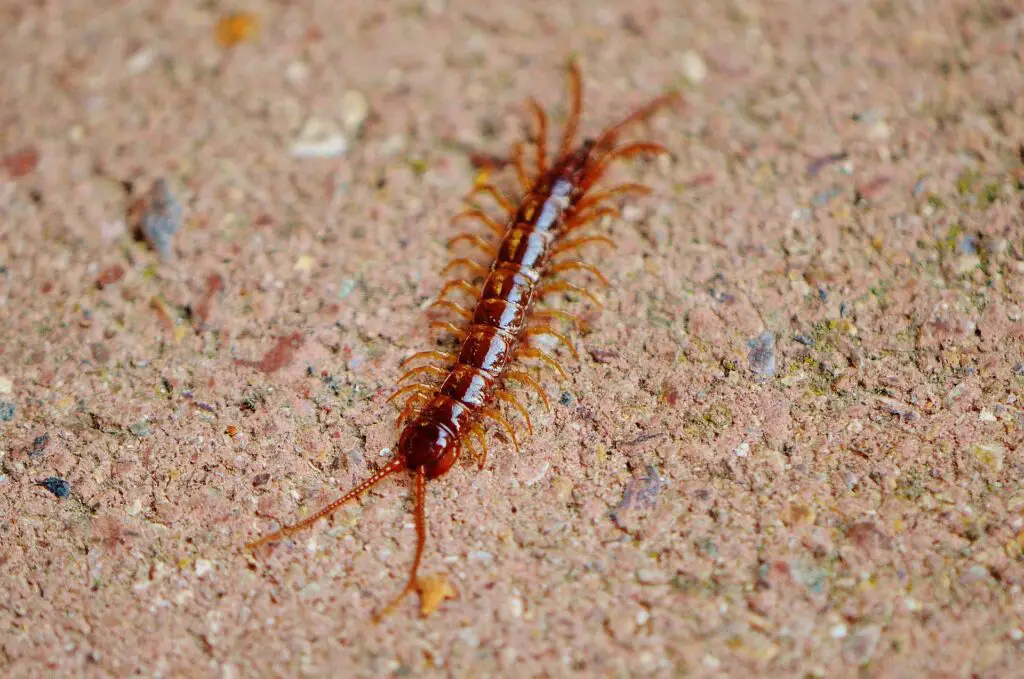
Professional Pest Control
If DIY methods fail to control the house centipede infestation, it may be time to call in a professional pest control service. Pest control professionals have the knowledge, experience, and resources to effectively eliminate house centipedes from your home.
When choosing a pest control service, it’s important to do your research and select a reputable company. Look for a company that is licensed and insured, and has positive reviews from previous customers.
During the initial consultation, the pest control professional will assess the extent of the infestation and recommend a treatment plan. This may include the use of pesticides, baits, or traps. The professional may also recommend sealing up any cracks or gaps in the home to prevent future infestations.
It’s important to follow the pest control professional’s instructions carefully to ensure the treatment is effective and safe for you and your family. Be sure to ask any questions you may have and communicate any concerns to the professional.
Professional pest control can be more expensive than DIY methods, but it can also be more effective in eliminating house centipedes from your home. With the help of a pest control professional, you can enjoy a centipede-free home and peace of mind.
Frequently Asked Questions (FAQs)
Q: What natural remedies can deter house centipedes?
A: There are several natural remedies that can help deter house centipedes. These include using essential oils such as peppermint, eucalyptus, and lavender, as well as diatomaceous earth and boric acid. These remedies can be applied in areas where house centipedes are commonly found, such as bathrooms, basements, and kitchens.
Q: What are the most effective methods to eliminate house centipedes permanently?
A: The most effective methods to eliminate house centipedes permanently include using insecticides specifically designed for centipedes and sealing off entry points to prevent their entry into the home. It is also important to keep the home clean and free of clutter, as house centipedes are attracted to damp and dark spaces.
Q: What are the quickest solutions to remove house centipedes from my home?
A: The quickest solutions to remove house centipedes from your home include using a vacuum cleaner to suck them up and disposing of them outdoors, or using sticky traps to catch them. However, these methods may not be effective in the long term and may only provide temporary relief.
Q: How can I identify an infestation of house centipedes?
A: An infestation of house centipedes can be identified by the presence of multiple centipedes in various areas of the home, particularly in damp and dark spaces. They may also leave behind shed exoskeletons, fecal matter, and small holes in walls and floors where they enter and exit.
Q: Are there any substances that can instantly kill house centipedes?
A: There are several substances that can instantly kill house centipedes, including insecticides, bleach, and ammonia. However, it is important to use these substances with caution and follow the manufacturer’s instructions carefully, as they can be toxic to humans and pets.
Q: Is it advisable to kill house centipedes, and if not, why?
A: While house centipedes can be unsightly and alarming to some people, they are actually beneficial predators that help control other household pests such as spiders and cockroaches. Therefore, it is not advisable to kill house centipedes unless they pose a significant threat or infestation. Instead, it is recommended to use preventive measures such as sealing off entry points and keeping the home clean and free of clutter.
Conclusion
Tackling the issue of centipede infestations in your home, particularly those involving the daunting giant desert centipede, requires a multifaceted approach. To prevent house centipedes from turning your living space into their preferred habitat, it is essential to address the underlying factors that attract them. Remember, house centipedes thrive in damp areas and are often drawn to homes with existing insect infestation issues.
By eliminating these conditions, you not only get rid of centipedes but also make your home less inviting to other pests. Ensuring your home is dry, well-ventilated, and free from other insects is key to keeping these unwelcome guests at bay. Although the thought of a house centipedes bite might be unsettling, it’s important to remember that house centipedes prefer to avoid human interaction and are more interested in hunting smaller pests.
However, their presence can be a symptom of a larger pest problem. Regularly inspect your home for signs of dampness and any other factors that might attract centipedes or contribute to centipede infestations. By adopting these preventive measures, you can maintain a centipede-free home, ensuring your living space remains comfortable and pest-free. Implementing these tips and tricks will go a long way in addressing not just the symptom but the root cause of the problem, providing a lasting solution to your pest control challenges.

